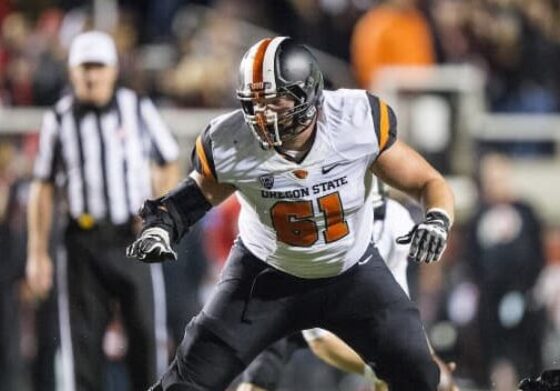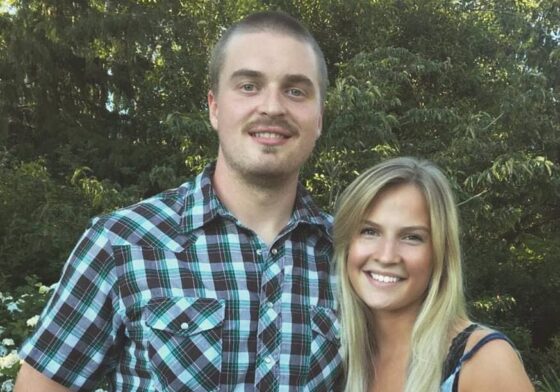In high school, I was a varsity athlete in football, basketball and rugby. I was healthy and active in sports year-round.
I began to notice some pain in my right testicle. It was sensitive and at first I wasn’t sure if something had just happened during rugby. After a week of trying to convince myself I was okay, I noticed the testicle was hard and developing a growth out of it. That’s when I knew I had to get it checked out, and told my parents.
I told my parents on a Friday so we had to wait until Monday to go to the doctor. The doctor checked me out and initially told me everything was okay. I told him that I knew there was something wrong and to check again. He scheduled an ultrasound to make me feel better. The ultrasound revealed that there was a tumor, and we scheduled an appointment with a specialist. The specialist advised that the tumor was so large that it had to be removed, whether or not it was cancerous.
“It can seem embarrassing to talk about your testicles, especially for younger males, but the difference between early and late detection is huge.”
Post-surgery it was confirmed that I had testicular cancer, stage 2. The doctor still wasn’t sure if I would need chemotherapy after the surgery, and wanted to wait six weeks to see if the cancer was still there. I decided to take charge of my treatment and advocate for myself—there was a 70% chance that I would need the chemotherapy, so I decided to get started right away. I completed four rounds of chemotherapy and was able to get back to sports in time for my senior year.
It can seem embarrassing to talk about your testicles, especially for younger males, but the difference between early and late detection is huge. If you wait, all of a sudden, instead of dealing with stage 2, you’re dealing with stage 4, and it’s very serious. My advice is to know your body, be aware of changes, and don’t be afraid or embarrassed when it comes to your health.
My senior project for testicular cancer awareness used the slogan “Man up and check ’em.” If something doesn’t feel right, tell someone. I thought I was young and invincible when this happened, just be aware because you never know what will happen—it’s up to you to take charge and advocate for yourself.
Symptom
- pain and sensitivity in testicle








